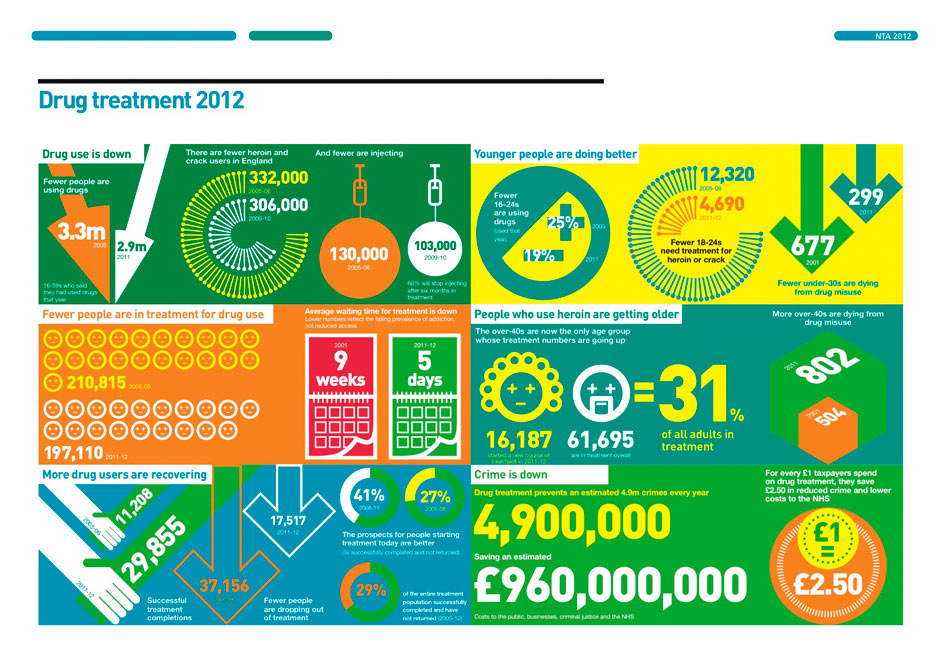Discover The Trick To Creating A Durable Aftercare Strategy Following Drug Rehab And Unlock The Door To Continual Success
Discover The Trick To Creating A Durable Aftercare Strategy Following Drug Rehab And Unlock The Door To Continual Success
Blog Article
Material Composed By-Ferrell Have
You have actually finished drug rehab, and currently it's time to create an effective aftercare plan to ensure your lasting recuperation.
Photo this: you're an individual established to remain tidy and develop a meeting life. This short article will certainly lead you via determining continuous support systems, including therapy and therapy, and establishing healthy and balanced coping devices.
With these methods, you'll be outfitted to thrive in your journey of sobriety.
Let's start.
Identifying Ongoing Support Systems
You should recognize at the very least three recurring support systems to guarantee a successful healing after drug rehabilitation.
The initial support group is your friends and family. They can offer emotional support, support, and assist you remain accountable. They can likewise offer a safe and understanding setting where you can share your struggles and success.
The second support system is your specialist or therapist. They can help you work through any kind of underlying concerns that may have contributed to your dependency and offer guidance on how to prevent relapse. They can likewise show you coping systems and healthy and balanced means to handle tension.
The 3rd support system is a support group or a sober community. Being bordered by others that are going through comparable experiences can be incredibly useful. They can offer a feeling of belonging, recognizing, and offer important guidance and assistance.
Incorporating Treatment and Counseling
To accomplish a successful healing, it is necessary for you to actively join therapy and therapy sessions, as well as include them right into your continuous support group. By doing so, you can make the most of the benefits of these therapy modalities and raise your opportunities of maintaining long-term sobriety.
Here are some essential reasons why including treatment and counseling right into your aftercare strategy is crucial:
- ** Emotional Support: ** Therapy and therapy provide a secure room for you to share your thoughts, feelings, and has a hard time related to your addiction. It permits you to work through any type of unsettled concerns and create healthy coping systems.
- ** Slip back Avoidance: ** These sessions outfit you with the essential tools and strategies to avoid regression. https://telegra.ph/Tip-Onto-A-Transformative-Path-Of-Recovery-And-Conquer-The-Grasp-Of-Drug-Dependency-Reveal-The-Method-To-Retake-Control-Of-Your--04-13 assist you identify triggers, establish coping skills, and develop a strong foundation for managing cravings and stress and anxiety.
- ** Individual Growth: ** Treatment and counseling promote individual development and self-discovery. https://postheaven.net/hipolito410porsha/learn-just-how-to-construct-a-strong-aftercare-strategy-after-drug-rehab-and help you get understanding into the underlying causes of your addiction, boost self-esteem, and establish healthier relationships.
Establishing Healthy And Balanced Coping Systems
Throughout treatment and therapy sessions, it's essential to proactively deal with establishing healthy and balanced coping systems in order to successfully handle stress and difficulties.
You require to determine and recognize your triggers, those points that trigger you distress or anxiety. By acknowledging these triggers, you can develop approaches to handle them in a healthy means. This could involve practicing deep breathing exercises, engaging in physical activity, or discovering a creative electrical outlet to reveal your emotions.
Suggested Studying to also surround on your own with a strong support group of family and friends who can supply support and support.
Additionally, self-care tasks such as getting enough rest, consuming well, and practicing relaxation techniques can greatly add to your overall well-being.
Conclusion
In the journey towards recovery, creating an effective aftercare plan is like having a tendency to a delicate garden. Equally as a gardener nurtures each plant with treatment and attention, so also need to one cultivate recurring support group, incorporate treatment and counseling, and create healthy and balanced coping devices.
By doing so, the seeds of recovery will certainly bloom into a prospering garden, giving a strong foundation for a brighter, drug-free future.
